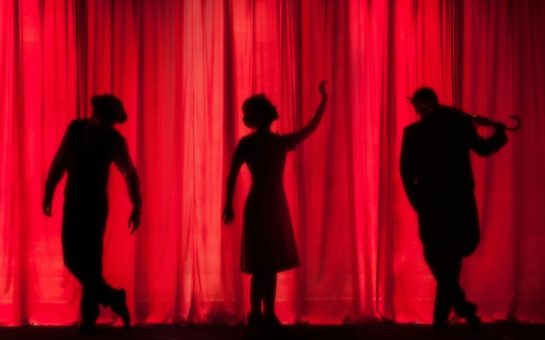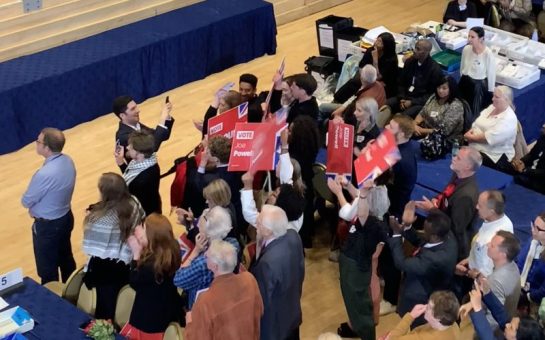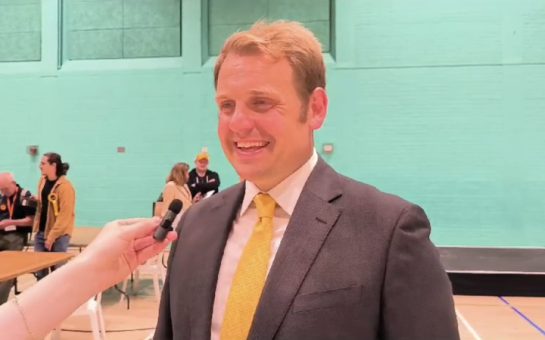![]() By Aliss Higham
By Aliss Higham
October 25 2019, 17.25
Follow @SW_Londoner
Boris Johnson has called for a general election on December 12. His do-or-die Brexit deal has failed to get the approval of parliament and it’s looking increasingly likely that the EU will grant another extension to the Brexit negotiations.
There is now a deadlock between all parties who refuse to vote for an election unless particular conditions are met. As usual, all’s fair in love and Brexit.
What’s going to happen next is difficult to predict, so while we wait, let’s take a look back at the tumultuous history of some of the UK’s most unexpected election results.
2017 – Theresa May loses her majority
Who could forget? In May 2017 Theresa May dropped the almighty bombshell of a snap general election. What was predicted would happen: a significant majority for the Conservatives that would pave the way for an easy exit from the EU. Front pages confidently backed her, and few suggested anything other than her success and the end of the Momentum-led Labour party.
Fast forward to what actually happened: Labour revitalised themselves, mobilised the youth vote and the Corbyn movement finally found maturity, becoming the most robustly left-wing force in British politics ever to constitute a serious electoral presence. They still failed to win, but successfully knocked the wind out of Theresa May’s majority, resulting in the still fractious relationship with the DUP that plagued her premiership. May’s fractured reign was dogged with setbacks from the opposition and her own party, failing to get her Brexit deal through parliament. She resigned in June 2019.
2015 – The one with the bacon roll
Three key things defined the 2015 General Election: bacon, polls, and Nigel Farage. Search Ed Milliband and the first result is ‘Ed Milliband bacon.’ It even has its own Wikipedia page! Nigel Farage emerged as an outspoken pub garden philosopher and gained notoriety not only for UKIP’s policies but for that comment about immigrants with HIV in a televised debate. Finally for months the polls predicted another hung parliament with a Labour advantage, predicted to be propped up by the Scottish National Party.
In reality the Conservatives won with the pledge to “renegotiate” the terms of the UK’s membership within the EU, gaining the party’s first majority in 18 years. Labour lost ground and the Liberal Democrats were effectively wiped off the electoral map.
The SNP, led for the first time by Nicola Sturgeon, took almost every seat north of the border. The result was so far off what was predicted that an inquiry was launched into the variance between the opinion poll and the result. It was also the first election at the end of a fixed term parliament, and probably the last at this rate.
1992 – When the Tories won big
John Major replaced Margaret Thatcher as Conservative leader in a party coup in 1990 following three years of declining trust in the Prime Minister. Polls suggested a hung parliament with marginal Labour lead or a hung parliament to be lead by Neil Kinnock. Again, polls failed to predict the correct result and the Tories won with the largest amount of votes cast for a party in General Election history, stretching their winning streak to four elections in-a-row.
1945 – Where winning a war wasn’t enough
You would have thought that winning a world war and being one of the most personally popular politicians in British history would carry you through a general election no problem. However some crucial mistakes in the Conservative’s campaign for re-election cost them the win.
Churchill’s ignorance of the Beveridge report, which outlined the need for services such as the NHS and welfare, was felt by the electorate who had endured 6 years of bombing and rationing.
Despite the Conservative manifesto having many similar policies to Labour, it failed to convince the public he wasn’t just a man of war. Labour, led by Clement Atlee, gained a momentous 146 seat majority and remained in power until Churchill was re-elected six years later.




